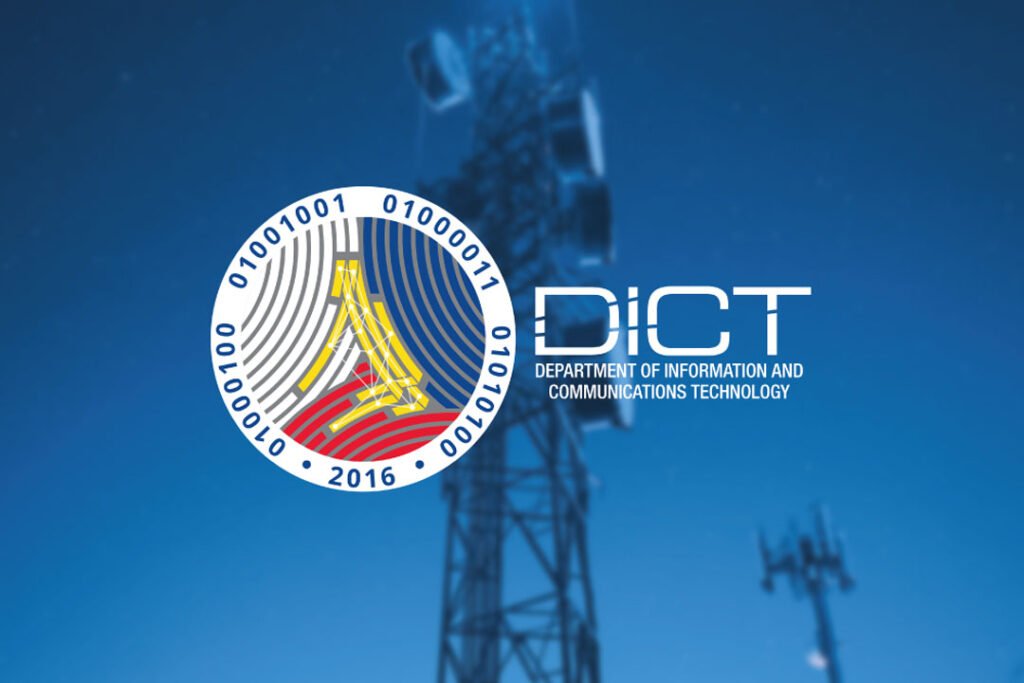The Government to provide free WIFI in 2024, aiming to provide free WiFi connectivity to the masses. With a substantial budget allocation of 2.4 billion pesos under the National Expenditure Program (NEP), this ambitious project seeks to bridge the digital divide and enhance accessibility to the online world for all citizens.

Recalling a historical context, during the tenure of former President Gloria Macapagal-Arroyo, a similar endeavor took shape under the NBN–ZTE project. This initiative came with a hefty price tag of US$329 million, which, in today’s standards, equates to a staggering sum of over 18 billion Pesos. However, the project became embroiled in controversy, as Nueva Vizcaya Congressman Carlos Padilla suggested in a privilege speech that it was allegedly brokered by former Commission on Elections (Comelec) chairman Benjamin Abalos. This revelation led to extensive hearings, ultimately resulting in the abandonment of the project.
In the present landscape, the Department of Information and Communication Technology (DICT) is allocated a substantial budget of 9.9 billion pesos. This budget is earmarked for the digitization of the country, with the overarching goal of making it “future-ready,” as emphasized in the President’s national budget message. Within this allocation, a significant portion of 2.5 billion pesos is dedicated to providing free WiFi access across public spaces. A total of 50,000 sites are slated to be equipped with broadband access in 82 provinces, ensuring widespread connectivity.
Further budgetary allocations within the DICT’s purview include 1.7 billion pesos for the implementation of Data Center Infrastructure. Additionally, 998 million pesos are designated for the ICT Systems and Infrastructure Development, Management, and Advisory Program of the government. These investments underscore the government’s commitment to advancing technological infrastructure and connectivity across various sectors.
The primary objective of this project is to drive down internet costs within the nation, making online resources and opportunities more accessible to a broader spectrum of the population. By democratizing WiFi access, the government envisions a future where citizens from all walks of life can harness the power of the digital realm for education, information dissemination, communication, and socioeconomic growth.
As the year 2024 approaches, the government’s emphasis on expanding WiFi accessibility and digital capabilities marks a pivotal step towards a more connected and inclusive society. The allocation of significant resources underlines the administration’s dedication to laying a foundation for technological progress and empowerment, ultimately fostering a future where the benefits of the digital age are within reach for all.
